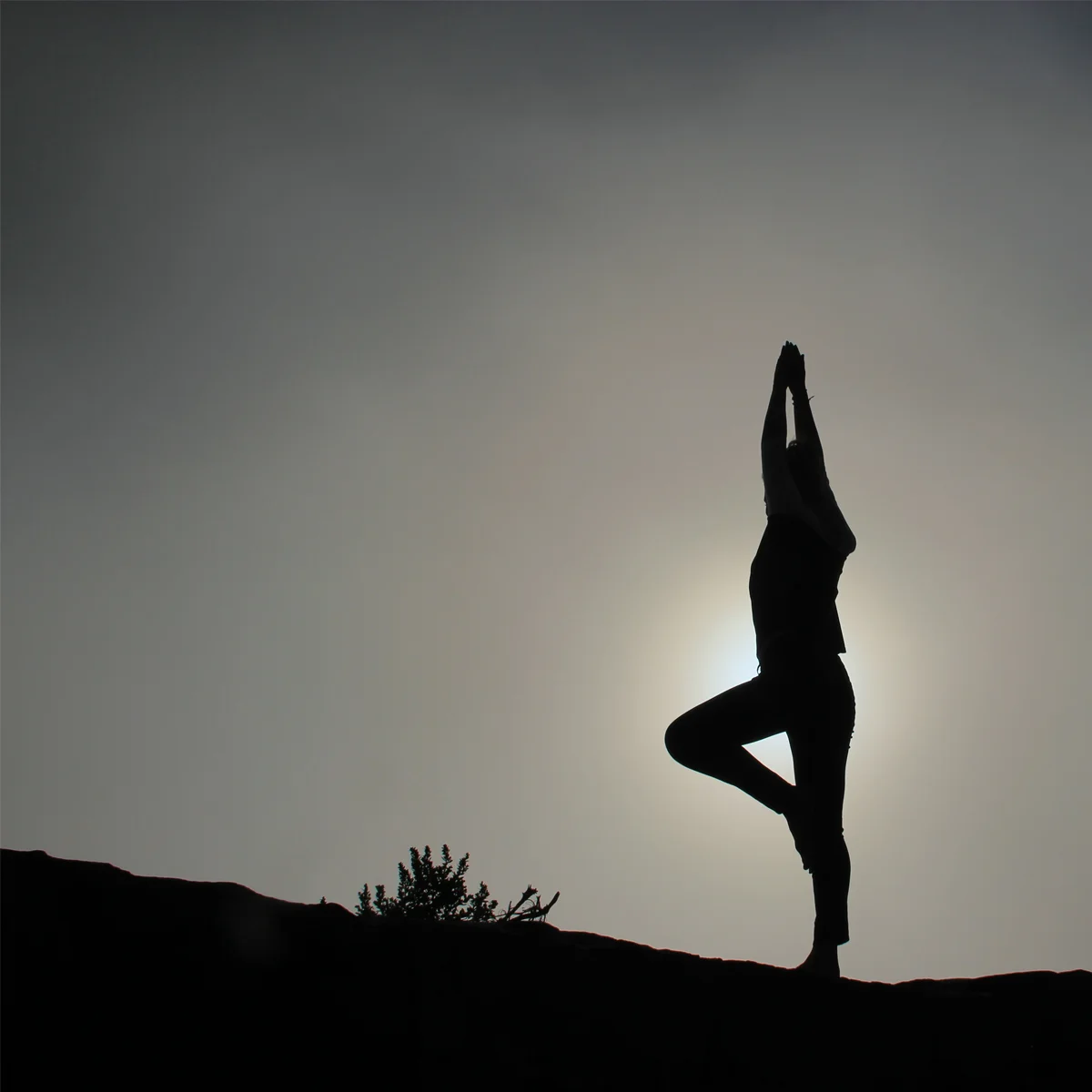Have you ever felt that elated feeling after a yoga class? That similar slightly euphoric feeling of a runner’s high as you come out of your final Savasana pose, roll up your mat and continue with your day? It's a more common human experience than you might think, and might actually have a lot to do with neuroscience.
Read MoreFrom the discovery of the wheel to exploring outer space, we as humans have progressed in innovativeness, inventiveness and novelty with each generation. The unique brain pattern described as ‘creativity’ is observed when our human needs– such as comfort, accessibility and even curiosity– come into play. And it is because of these diverse human needs that we are able to witness the wonders of what human creativity, and innovation, can accomplish.
Read MoreHave you ever been labelled as an introvert or an extrovert? If you would identify yourself as such, on what terms do you base this?
Read MoreThe average working city-dweller remains in an almost constant flight-fight disposition, resulting in continual physiological tension. Here, we explore the neuroscience behind it..
Read MoreThe last decade of technological innovation has resulted in a rapidly responsive and dialled-in nation. We’re only ever of couple of taps away from our thousands of ‘friends’, and an infinite web of free, digestible information. We're more digitally connected than ever before, it's all so seamless and accessible. Too accessible, for some; sixty percent of people say they suffer from notification fatigue and are looking for ways to disconnect from their smartphone so that they can reconnect with real life.
Read MoreSelf-improvement forms the basis of so many of our behaviours and decisions. As 2016 commences, it’s a common time to reflect on the the year past and decide where we want to make changes in the next 365 days. Here are three things to keep in mind to make meaningful and lasting change for a more balanced year.
Read MoreHow many times did you check your smartphone the last time you were on a captivating, romantic date? How about when you were last catching up with friend that you’d missed? Or last creating something you were passionate about?
Read MoreAs Christmas approaches, and we’re bombarded with online and offline content about buying gifts for one another, it’s easy to become cynical about the consumerist nature of the holiday season. Gift-giving can quickly feel like a stressful, expensive obligation rather than a generous action. So why do we do it?
Read MoreAmidst jamming our schedules full of juice-cleansing, vitamin-popping and spinning, it seems many overlook one fairly important element in our efforts to improve our wellbeing: our brains.
Once an ancient Eastern technique to transform consciousness, and a practice that can take many different forms, today we’re beginning to understand the neuroscience behind how meditation can benefit our health and wellbeing.
Read MoreThe most powerful human sense is also the most under utilised. Scent is not only the very first sense activated when we're born, but it is surprisingly our strongest human sense as well.
Science is only now starting to understand how deeply interconnected the olfactory system is with an individual's emotional state. Where actions such as choosing what we eat and how we schedule our day are mechanisms thought to effect our productivity, scent has been shown to have a correlation to areas of the brain responsible for focus and motivation. This makes it a powerful strategic tool for changing our behaviour and moods.
Read MoreOver the course of our evolutionary history, we found ourselves interacting with each other in order to fulfil some of our basic needs. We acknowledged that forming a group increased the sensation of safety and the efficiency in hunting food. But as resources have grown in abundance, and technology has enabled the intangible at our fingertips, people living and or working alone, (in theory) no longer need a ‘tribe’ or community. Biochemically, however, our brains and bodies still very much crave the hormones released during bonding experiences.
Read MoreWe drink green smoothies and lemon water and refrain from sugar like the plague, but scientists are now uncovering the processes through which sleep cleanses the brain better than any supplement or detox.
Previously, scientists thought the brain only cleaned itself by trickling toxins through brain tissues, but according to Maiken Nedergaard, co-director of the Center for Translational Neuromedicin at the University of Rochester Medical Center School of Medicine and Dentistry, wastes are forcefully pushed through the brain at a much faster and higher pace.
Read More











